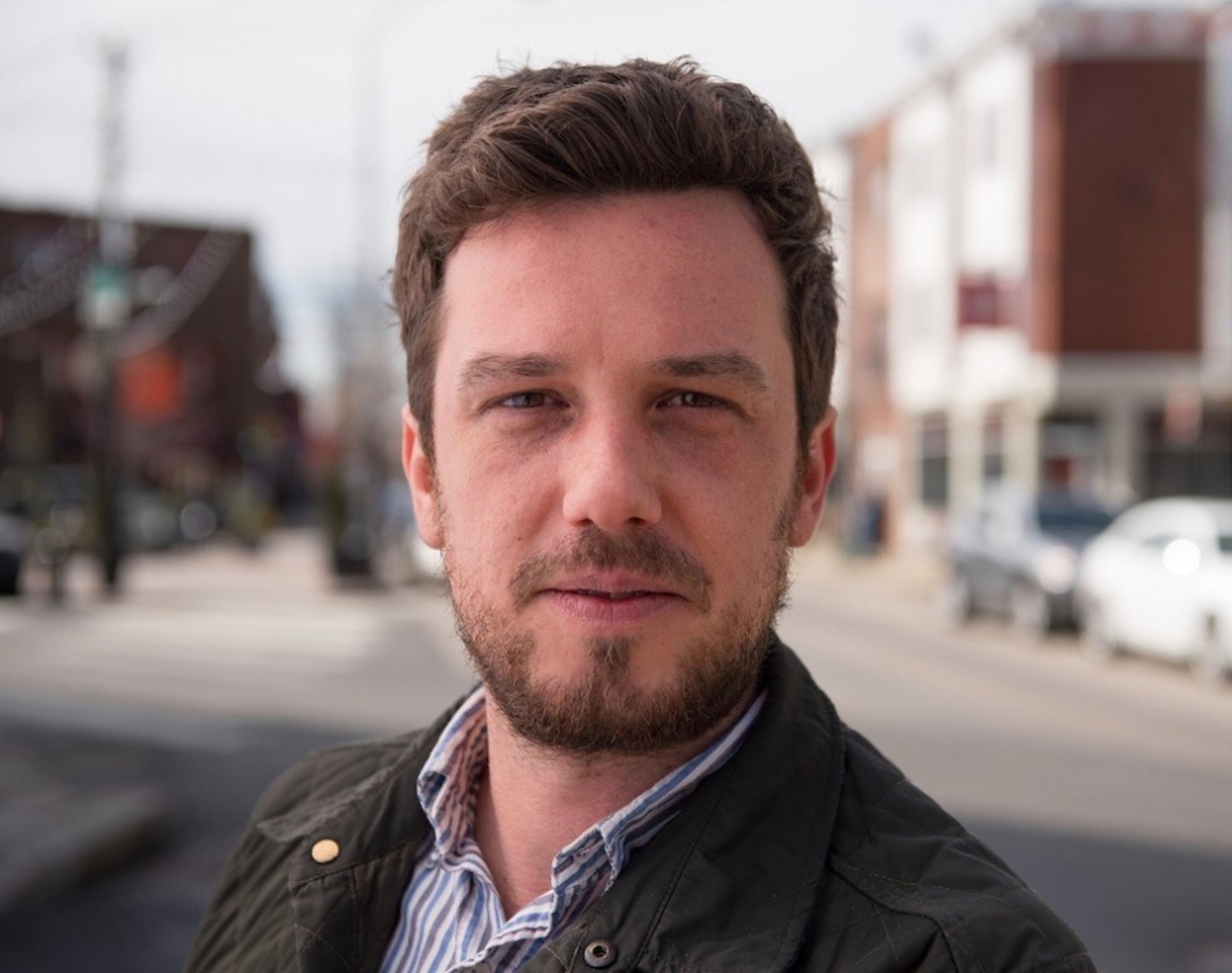Opinion: How Charlotte launched a unique housing program

As Philip Payne, the developer and real estate investor who co-founded the Lotus Campaign in Charlotte, N.C., sees it, most private landlords are not the greedy, cutthroat people that many imagine them to be.
And there’s a short list of reasons why they hesitate to rent to people who have experienced homelessness — mostly related to concerns about people causing problems in apartment buildings or chronically failing to pay rent.
To overcome those misgivings, the Lotus Campaign works with local landlords and homelessness service organizations to place in apartments individuals and families who have experienced homelessness or who are at risk of becoming homeless.
At the outset, the two-year-old Lotus Campaign has paid participating landlords $1,000 per year for every unit they dedicate to the campaign.
They also guarantee the rent and any damages for every tenant they accept through the program.
In exchange, landlords agree to waive security deposits, credit checks, and employment records, and to give the Lotus Campaign and its partner organizations at least 30 days to try to work out any issues that arise before seeking to evict a tenant.

So far, Payne said, evictions haven’t even come up.
“What we want is access,” Payne said, speaking of apartments in private apartment buildings. “We just want you to open the door so we can dispel the myths of all the problems this is going to cause you.”
‘It’s really the runway’
Payne started thinking about how the private housing sector could do more to address homelessness after helping to produce a report on homelessness in Los Angeles in 2017.
Along with Beth Silverman, co-founder and chief operating officer at the Lotus Campaign, Payne began talking with fellow real estate investors and landlords in the Charlotte area about making units available for vulnerable tenants.
“What we agreed on was that you had to start trying different things, and you had to bring together unlikely allies in the solution, and you had to get them to start understanding each other’s languages,” Silverman said.
According to an impact report that the Lotus Campaign released earlier this month, the group has so far helped house more than 250 people in Charlotte, and 128 of them have since moved on to other housing or renewed their leases.
Programmatically, it costs an average of $800 per person per year for the Lotus Campaign to get unhoused or vulnerable people into units and keep them there, according to the report.
That amount covers costs like the $1,000-per-unit upfront payment, application fees, inspection fees and renters' insurance.
And the cost per person is dropping, Payne said, as participating landlords start to “feel guilty” for accepting the $1,000 upfront incentive payment as they see that the tenants in the program are as reliable as everyone else – if not more so.
The goal, Silverman said, is that within two years, tenants have moved on to longer-term housing and are paying their own rent — either with wages, housing vouchers (which many participating families use) or other types of income.
“It’s really the runway,” she said, “to helping folks get in a more financially stable place.”
A degree of help
To be clear, the people who are housed through the Lotus Campaign do not tend to be chronically homeless; they do not have extensive criminal records; and they don’t suffer from severe substance abuse issues.
Around a quarter are in “imminent danger” of becoming homeless, and three-quarters have already experienced homelessness to some degree, Silverman said.
But the organizations that work with the Lotus Campaign, such as Charlotte Family Housing, select individuals who are likeliest to be able to establish independence with some degree of help.
Partner groups such as Charlotte Family Housing, which helps families move from homeless shelters into stable housing, work with a lot of single mothers, said Pedro Perez, the group’s executive director.
Private landlords tend to shy away from renting to people with spotty employment or housing records because “it’s not their job to be social workers,” Payne said.
That’s why the Lotus Campaign requires its tenants to work with a service organization that can help make sure their non-housing needs are met.
The group has also created a 24-hour hotline for landlords who experience problems with their Lotus tenants.
And, Payne said, in the event that a landlord does want to remove a tenant, and the group can’t work out a solution in 30 days, the Lotus Campaign will not only stay out of the way of the eviction — a representative will actually testify in eviction court that the landlord tried to find alternatives with the tenant and wasn’t able to.
‘dispelling myths’
All of this is one aspect of the Lotus Campaign’s work — an attempt to show that people who have experienced homelessness can be housed in average, private apartments with little trouble and no government subsidy.
In the early stages, it has relied on donations and grant funding. But Payne wants to make the work self-sustaining.
The group has started investing in housing rehabilitation projects, such as a recent purchase of a 144-unit building that’s close to transit access and a lot of jobs.
It plans to set aside at least 20 percent of units in that building and future investments for tenants who have experienced homelessness, and at rents that are affordable to people earning 60 percent of area median income or less.
Payne and Silverman want the campaign to expand, too.
They’ve spoken with groups in 20 different cities, and say they are close to launching another chapter in Sacramento. They hope the model is easily replicable outside of Charlotte.
“It’s about dispelling myths,” Payne said.
“The myth that the private sector is evil and moneygrubbing, the myth that nonprofits and the government are stupid do-gooders, the myth that homelessness really doesn’t affect me — it affects everything …”
Jared Brey writes for Next City, a nonprofit news organization that helps spread solutions from one city to the next.


